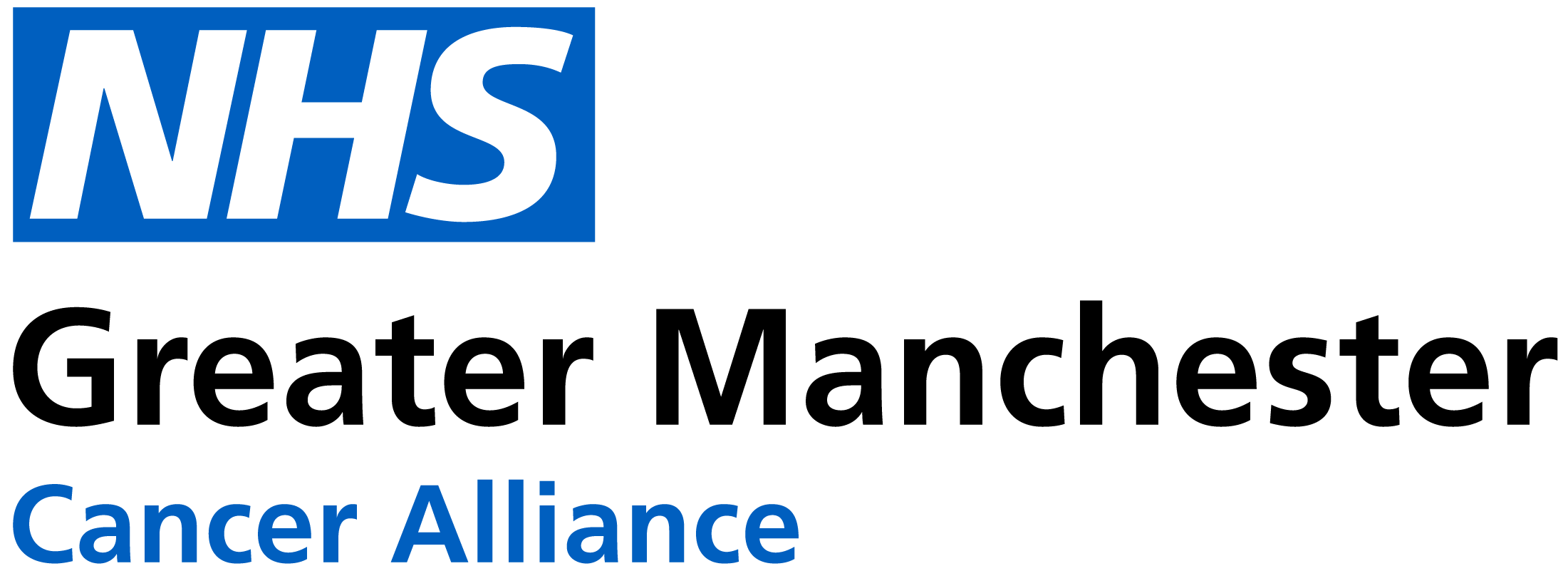Eating well during and after cancer treatment can help you feel stronger, maintain your weight, and better manage side effects like fatigue, nausea or taste changes. But it’s not always easy — especially if your appetite has changed or food doesn’t taste the same.
6 Quick Tips…
- Eat little and often- If your appetite is poor or you feel full quickly, try eating small meals or snacks every 2–3 hours instead of 3 big meals a day
- Listen to your body- Eat when you feel able to — and don’t worry if your eating pattern changes. Some days you may eat more than others. That’s OK.
- Focus on nourishing foods. Choose foods that are high in energy and protein when possible, especially if you’re losing weight — for example, full-fat dairy, eggs, oily fish, beans, nut butters, or nourishing soups.
- Stay hydrated. Aim for 6–8 cups of fluid a day. This includes water, tea, milk, soup or juice. Sip throughout the day, especially if you’re feeling tired or unwell.
- Don’t worry about eating “perfectly” There’s no such thing as the perfect cancer diet. Eat what you enjoy and can tolerate. It’s okay to have comfort foods, and you don’t need to avoid all sugar or processed foods unless advised.
- Manage side effects with food. Certain foods can help with side effects like taste changes, constipation, diarrhoea or nausea. There are simple adjustments that can make eating easier — check trusted resources or speak to a dietitian for help.
Support from the World Cancer Research Fund
The World Cancer Research Fund works to see how diet, weight and physical activity can affect your risk of developing and surviving cancer. Their work helps people to live longer, happier and healthier lives. There are a range of useful resources available through the links here.

Prehab4Cancer

Prehab4Cancer supports patients across Greater Manchester who are being treated with curative intent for Colorectal, Lung and Upper Gastro-Intestinal cancers. The button below will take you to their webpage with guidance on how eating a variety of foods and well-balanced meals can help you feel better and optimise your energy levels.

The British Dietetic Association (BDA) is the professional organisation for dietitians in the UK. Dietitians are healthcare professionals who are trained to give expert advice on food, nutrition, and how diet affects health. Clicking the button alongside will take you to their website which has useful information and myth-busting about diet and nutrition for cancer patients written by oncology dietitians.

Cancer Research UK is a UK-wide charity working to support people with cancer. Click the button alongside to go to their webpage on diet, which includes info on eating healthily if you have cancer, as well as factors that can change the likelihood of you developing certain types of cancer in the future.

Macmillan Cancer Support is a UK charity that helps people living with cancer, along with their families and friends. Their goal is to make sure nobody faces cancer alone. Eating well and keeping to a healthy weight will help you keep up your strength, increase your energy levels and improve your sense of well-being. Click the button to find out more.
Information on Cancer Related Malnutrition
When you have cancer, your body often needs more energy and nutrients than usual to stay strong. At the same time, cancer treatments like chemotherapy or radiotherapy can cause side effects, such as loss of appetite, taste changes, nausea, or difficulty swallowing, that make it harder to eat well.
Together, these changes can sometimes lead to cancer-related malnutrition, which means your body isn’t getting enough of the right foods and nutrients. Signs include losing weight without trying, eating very little, or finding it difficult to enjoy food.
If you notice these changes, let your healthcare team know. They can support you with practical advice, such as foods that are easier to eat, ways to boost your appetite, or supplements that can help. Click the buttons alongside to find more advice and guidance.
Managing Taste Changes
Cancer and its treatments can sometimes change the way food tastes, making eating less enjoyable. Even so, it’s important to keep eating to maintain your strength and health. This guide, produced by the British Dietician Association’s Oncology Group, explains why these changes happen and offers practical tips to help you cope with them.
Head and Neck Cancer – Diet and Nutrition
If you currently have, or have had a head and neck cancer, the treatment for this can affect your body in many ways, including your weight and energy levels. If you’re finding eating difficult or wondering what you should be eating, watch our short videos for advice.
The first of the two videos in this series is looks at diet and nutrition advice for if you are currently undergoing treatment for head and neck cancer.
The second of the two videos in this series looks at diet and nutrition advice after you have completed treatment for head and neck cancer.

